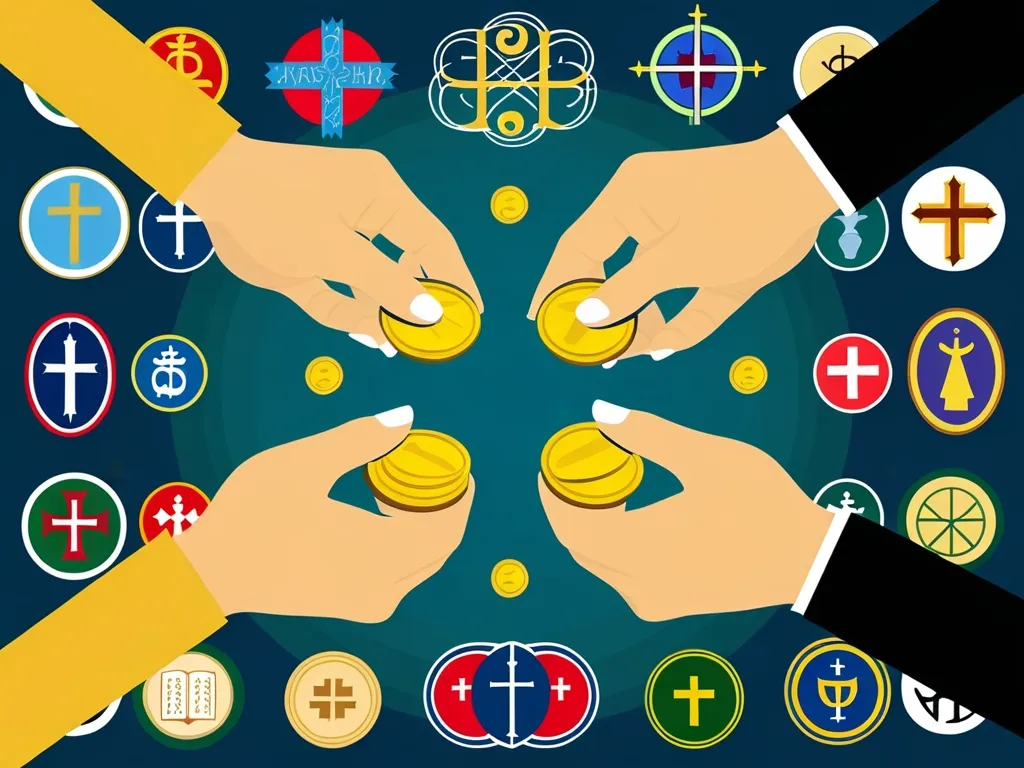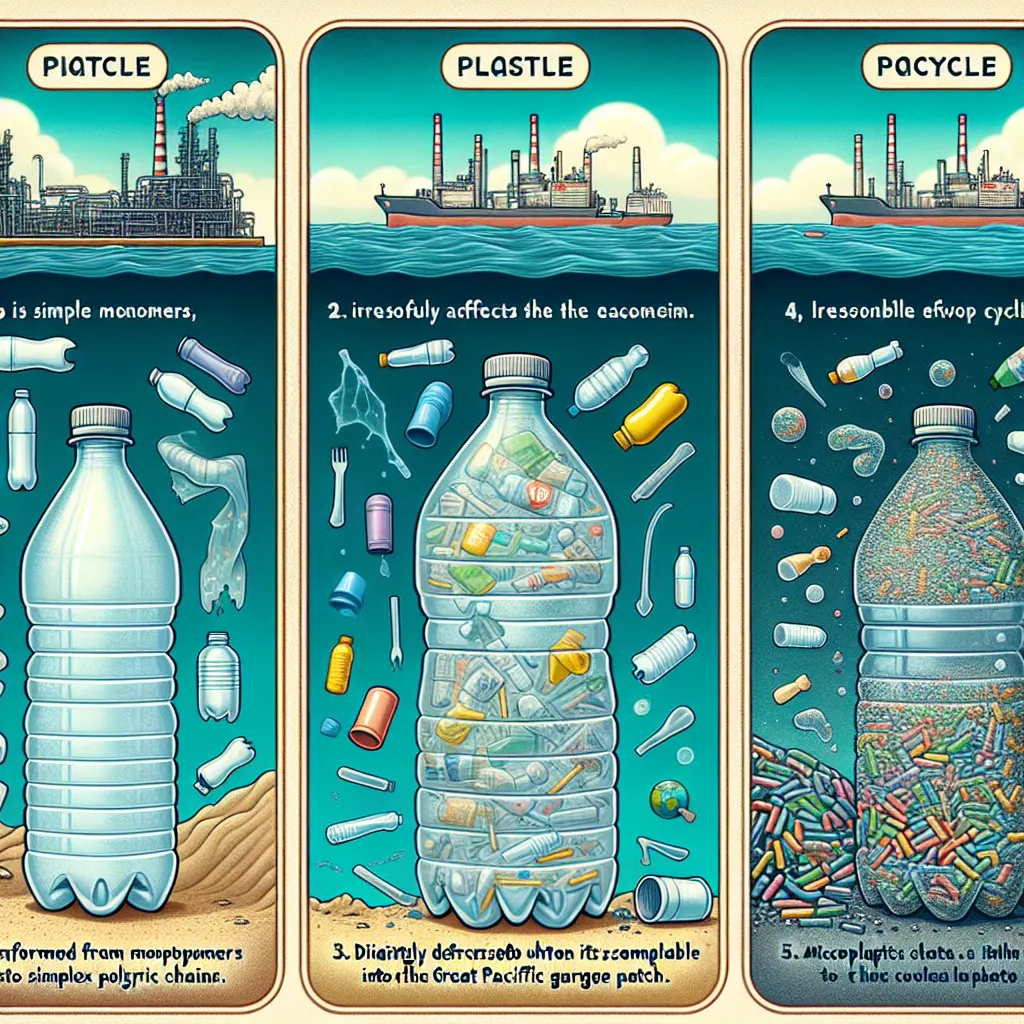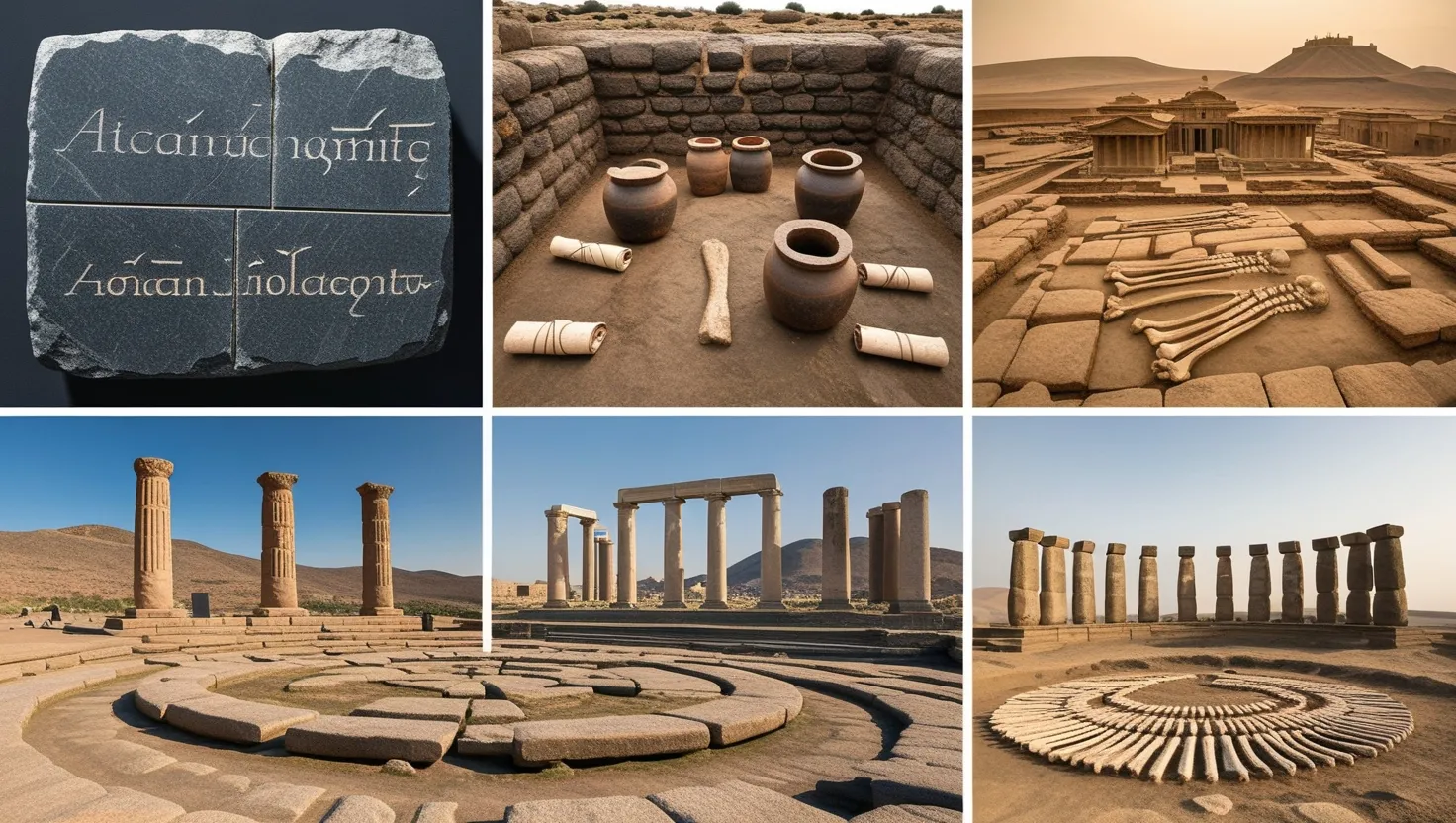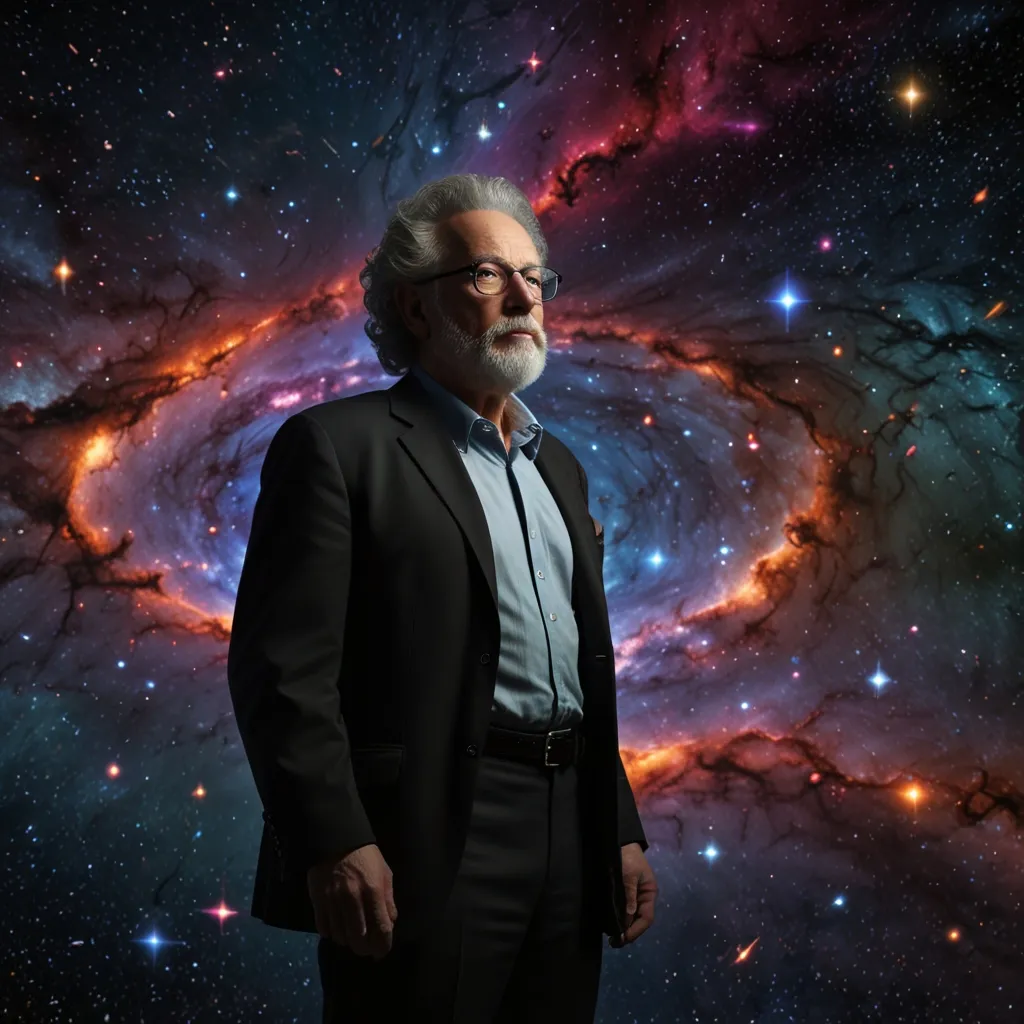When we think about the drivers of global economies, we often focus on tangible factors like GDP, trade policies, and technological advancements. However, there is a lesser-discussed yet profoundly influential element that shapes economic strategies and outcomes: religion. The intersection of faith and finance is complex and multifaceted, with religious doctrines and practices playing a significant role in wealth redistribution, poverty alleviation, and community development.
The Power of Tithing and Alms-Giving
In many religious traditions, the act of giving is not just a moral obligation but a fundamental aspect of faith. For instance, in Christianity, tithing – the practice of giving 10% of one’s income to the church – is a long-standing tradition. Similarly, in Islam, zakat (charitable giving) is one of the five pillars of the faith, requiring Muslims to donate a portion of their wealth to those in need. These practices not only foster a sense of community and social responsibility but also generate significant financial resources that can be channeled into various social and economic projects.
Charitable Foundations and Social Programs
Faith-based organizations are among the most prolific and sustainable entities in the world when it comes to charitable work. For example, the Catholic Church operates one of the largest networks of hospitals, schools, and social services globally. These institutions are often funded through a combination of donations, tithes, and other faith-driven financial contributions. In addition to providing essential services, these organizations also create jobs, stimulate local economies, and contribute to overall community resilience.
Economic Upliftment in Underserved Areas
Religious communities have a unique ability to reach and support underserved areas, often where secular organizations may struggle to operate effectively. For instance, faith-based NGOs have been instrumental in providing relief and development aid in remote and conflict-ridden regions. These efforts not only address immediate needs like food and shelter but also invest in long-term development projects such as education, healthcare, and infrastructure.
Shaping Economic Policy
The influence of faith on economic policy is more subtle but no less significant. Religious values can shape attitudes towards issues like income inequality, social justice, and environmental stewardship. For example, the concept of “jubilee” in Jewish and Christian traditions, which involves periodic debt forgiveness, has inspired modern economic policies aimed at reducing debt burdens in developing countries. Similarly, Islamic finance principles, which prohibit usury and emphasize ethical investing, have led to the development of Sharia-compliant financial instruments that appeal to a broader audience beyond just Muslim investors.
Trust and Inclusion in Financial Systems
Faith communities play a crucial role in fostering trust and inclusion within financial systems. In the aftermath of the 2008 global financial crisis, trust in financial institutions plummeted. Here, faith-based organizations stepped in, promoting conceptions of human dignity, justice, and care that compelled affordable inclusion and access to quality financial services. For instance, microfinance initiatives driven by faith principles have enabled millions of people, especially in developing countries, to access financial services that would otherwise be out of reach.
Long-Term Investing and Infrastructure Development
People of faith often have a long-term perspective when it comes to investments, driven by a sense of purpose and responsibility to future generations. This mindset can lead to more sustainable and socially responsible investment practices. For example, faith-based investors are more likely to support infrastructure projects that promote social cohesion and environmental sustainability. This approach not only ensures that investments are profitable but also that they contribute positively to the community and the environment.
The Role of Religious Freedom
Research has shown that religious freedom is closely linked to economic development. In societies where religious freedom is respected, there tends to be more innovation, prosperity, and social stability. This is because religious freedom allows for the free expression of ideas and values that can drive economic growth and social progress. For instance, countries with high levels of religious freedom tend to have better governance, less corruption, and more robust institutions, all of which are critical for attracting foreign investment and promoting economic development.
The Dual Impact of Religiosity
The relationship between religiosity and economic outcomes is not straightforward. On one hand, religious beliefs can promote prosocial values such as altruism and fairness, which can lead to greater support for social and economic justice. On the other hand, religious practices can sometimes decrease support for redistribution by providing a psychological safety net that increases individual happiness, thereby reducing the perceived need for external support.
Personal Stories of Faith-Driven Economic Impact
I recall a visit to a small village in Africa where a local church had established a thriving microfinance program. The program, funded through tithes and donations, provided small loans to women entrepreneurs, enabling them to start their own businesses. This initiative not only lifted many families out of poverty but also empowered women within the community, fostering a sense of independence and self-worth.
In another instance, I saw how a Muslim community in a urban setting came together to establish a network of food banks and soup kitchens. This effort, driven by the Islamic principle of zakat, helped feed thousands of people during a period of economic downturn. Such community-driven initiatives not only address immediate needs but also build stronger, more resilient communities.
Conclusion
The impact of religious wealth redistribution on global economies is profound and multifaceted. From the daily acts of giving to the large-scale charitable foundations, faith-driven financial practices shape economic strategies, alleviate poverty, and build community resilience. As we navigate the complexities of global economic challenges, it is crucial to recognize and appreciate the unique influence of faith on fiscal realities. By understanding and leveraging these faith-driven initiatives, we can create more inclusive, sustainable, and equitable economic systems that benefit all members of society.
In the end, the story of financial faith is one of hope and resilience, a testament to the power of spiritual ideals in shaping our economic world. As we continue to explore this intersection of faith and finance, we uncover not just economic strategies but a deeper sense of purpose and community that drives us all forward.






